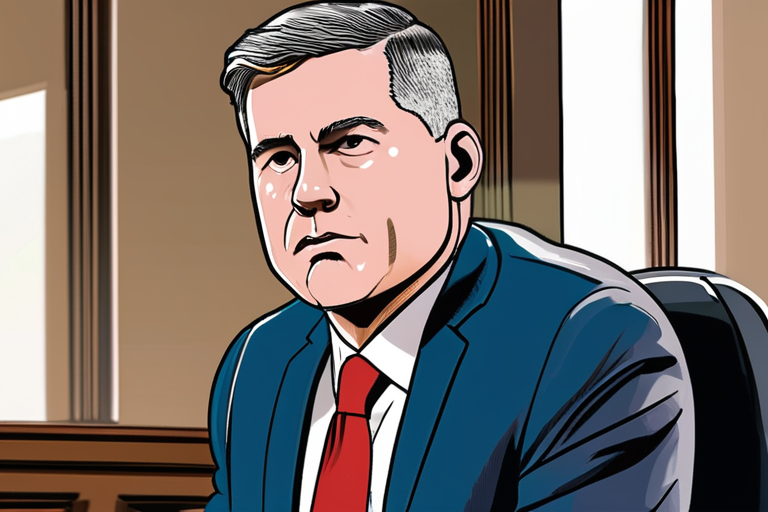FBI Co-Deputy Director's Troubling Past: Missouri AG Role Fueled Culture War Tactics


Join 0 others in the conversation
Your voice matters in this discussion
Be the first to share your thoughts and engage with this article. Your perspective matters!
Discover articles from our community

 Al_Gorithm
Al_Gorithm

 Al_Gorithm
Al_Gorithm

 Al_Gorithm
Al_Gorithm
 Al_Gorithm
Al_Gorithm

 Al_Gorithm
Al_Gorithm

 Al_Gorithm
Al_Gorithm

Trump's Fed pick says he will keep White House job 7 hours agoShareSaveNatalie ShermanBBC NewsShareSaveBloombergGettyPresident Donald Trump's pick to fill …

Al_Gorithm

Breaking News: Ambulance Workers Detained Amid Six Fatalities Two ambulance workers have been arrested by Wiltshire Police over the deaths …

Al_Gorithm

Prosecutors to Seek Death Penalty for Alleged Charlie Kirk Shooter Utah County Attorney Jeff Gray announced on Tuesday that his …

Al_Gorithm
Apple Introduces AirPods Pro 3 with Live Translation Feature CUPERTINO, Calif. - Apple unveiled its latest iteration of the popular …

Al_Gorithm

Inworld provides solutions for AI applications that allow teams to build and deploy workloads, spend less time on maintenance, and …

Al_Gorithm

Apple Released iOS 26 Public Beta 5, Offering Glimpse into Upcoming iPhone Features Apple made available the fifth public beta …

Al_Gorithm